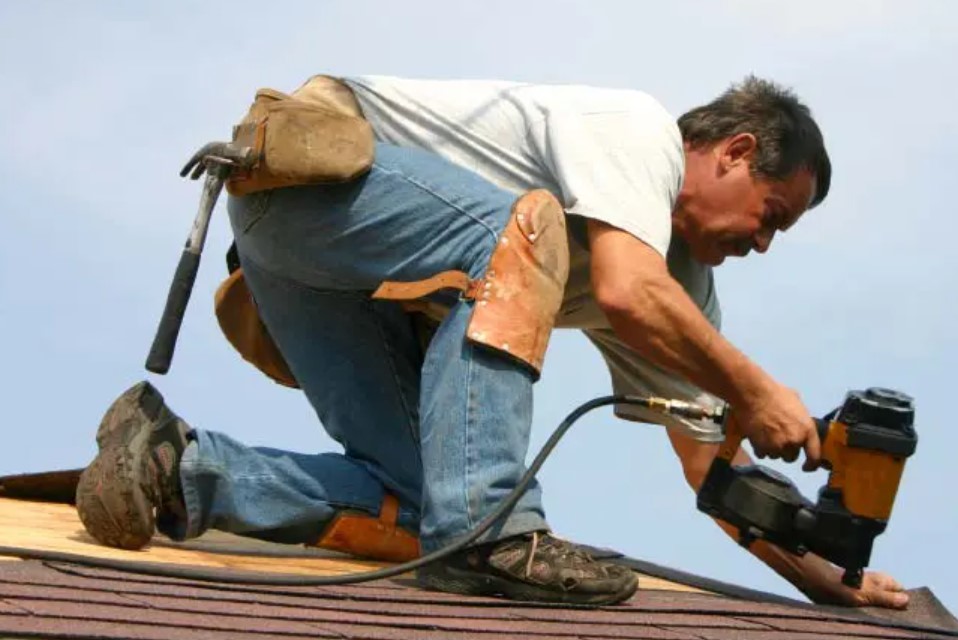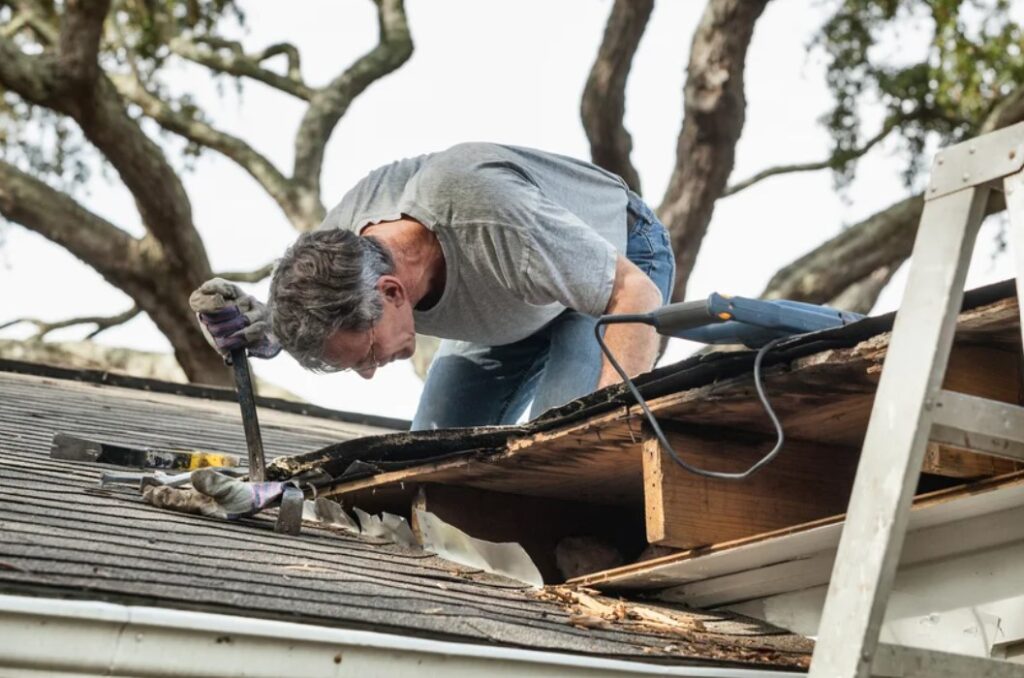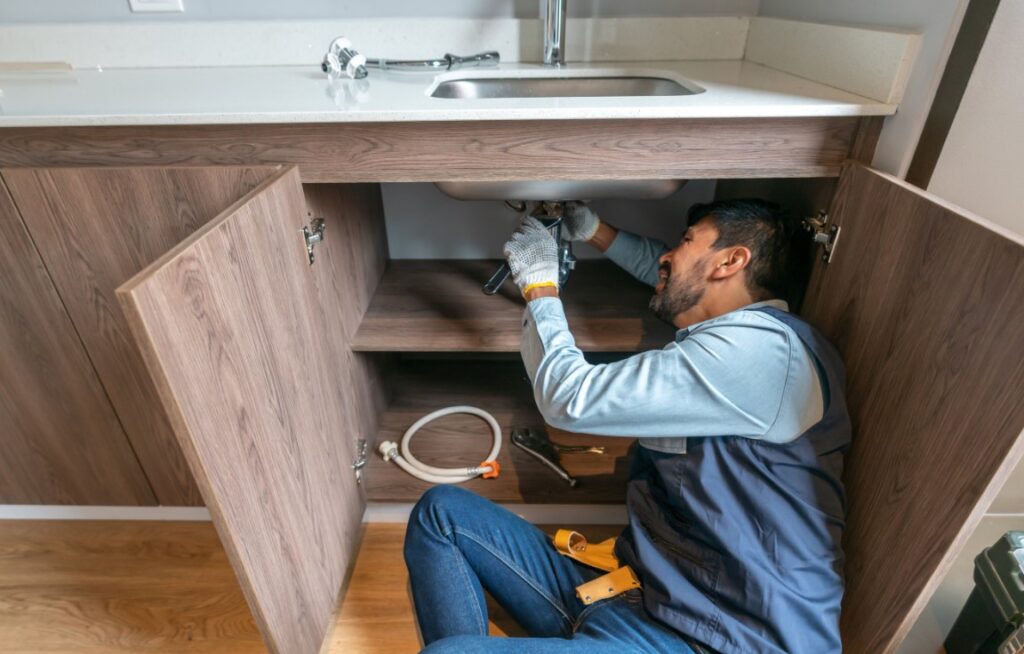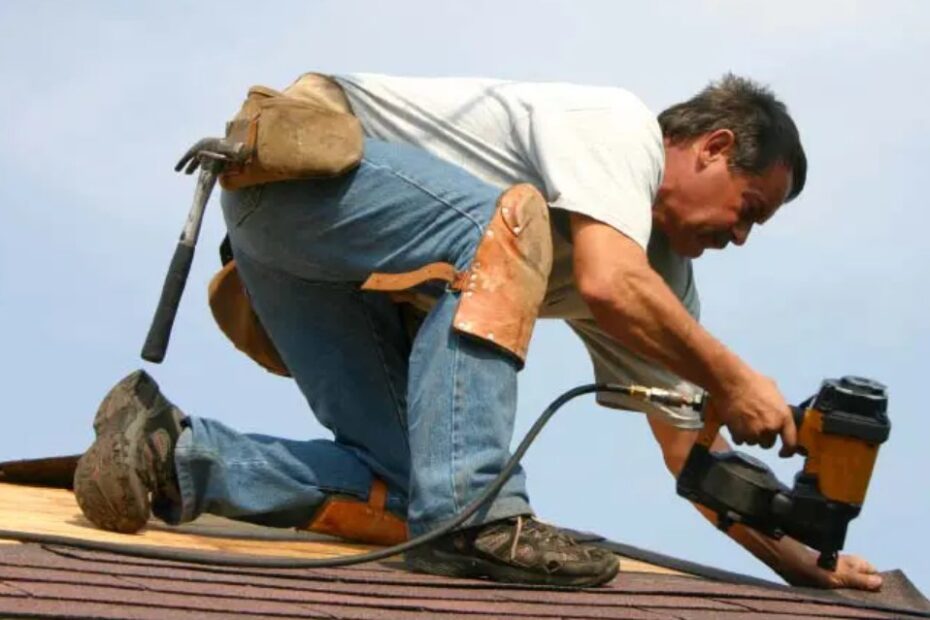In the world of homeowners insurance, many homeowners often wonder, Does Homeowners Insurance Cover Handyman? The answer to this question is not always straightforward. It largely depends on the specific policy, the nature of the job, and various other factors. Understanding these nuances can help homeowners make informed decisions when hiring handyman services.
Key Takeaways
- Coverage Depends on Policy Details: Not all homeowners insurance policies are the same. Coverage for handyman services varies.
- Job Nature Matters: Insurance may cover damages caused by or related to the handyman’s work, depending on the job’s nature.
- Liability Coverage: Many policies include liability coverage, which can be relevant if the handyman’s work leads to injuries or property damage.
- Additional Insurance: Handymen may need their insurance, which can influence coverage under a homeowner’s policy.
Does Homeowners Insurance Cover Handyman?
Homeowners insurance may cover damages caused by or related to a handyman’s work, but it largely depends on the specifics of the policy and the nature of the job. General liability coverage in the policy can be applicable if the handyman’s work leads to injuries or property damage.

However, coverage for poor workmanship or intentional damages by the handyman is typically not included. It’s important for homeowners to review their individual policies or consult with their insurance provider for exact coverage details.
Coverage Details in Homeowners Insurance
Homeowner’s insurance policies differ widely in their coverage details. Some policies may offer coverage for damages or accidents related to handyman work, while others do not. It’s vital to review your policy thoroughly or consult with your insurance agent to understand what is and isn’t covered.
Specific Inclusions and Exclusions
Policy documents often list specific scenarios where handyman-related damages are covered. Look for terms like ‘contractor’ or ‘temporary repairs’ in your policy. On the other hand, certain exclusions explicitly deny coverage for damages caused by hired help.
Variations Among Insurers
Different insurance companies have varying policies regarding handyman services. Comparing insurers can provide insights into how different policies approach handyman-related coverage.
Nature of Handyman Work
The specific tasks performed by a handyman can significantly impact insurance coverage. Some tasks might be covered under general policy terms, while others may require additional riders or separate policies.

Routine Maintenance vs. Major Repairs
Routine maintenance tasks are more likely to be covered than major repairs or renovations. Insurance companies often view major work as increasing risk, which might not be covered under standard policies.
Accidental Damage
If a handyman accidentally damages your property, your homeowner’s insurance may cover the repair costs. This coverage typically falls under the property damage section of your policy.
Liability Coverage in Homeowners Insurance
Liability coverage is a standard part of most homeowners insurance policies. This coverage can be pertinent if a handyman’s work leads to injury or property damage.
Injury to Handyman
If a handyman is injured while working on your property, your liability coverage may come into play. This coverage can help cover medical expenses or legal costs if you’re found liable.
Damage to Neighbor’s Property
Should the handyman’s work result in damage to a neighboring property, your liability coverage might cover the associated costs, depending on your policy’s terms.
Additional Insurance Considerations
In some cases, handymen may carry their insurance policies. These policies can interact with your homeowner’s insurance in various ways.
Handyman’s Liability Insurance
A handyman with liability insurance provides an additional layer of protection. This insurance might cover damages or injuries, reducing your reliance on your homeowner’s policy.
Workers’ Compensation Insurance
If the handyman has employees and carries workers’ compensation insurance, this can offer protection in case of injuries, further reducing potential claims against your homeowner’s insurance.
Understanding Policy Limits and Deductibles
When considering homeowners insurance in relation to handyman services, understanding the policy limits and deductibles is crucial. These factors significantly influence the extent of coverage and out-of-pocket expenses in the event of a claim.

Policy Limits and Handyman Work
Every insurance policy has a maximum limit, which is the total amount the insurance company will pay for a covered loss. If the cost of damage or liability arising from a handyman’s work exceeds this limit, the homeowner might be responsible for the difference. Therefore, assessing the risk and potential costs associated with handyman work is vital when reviewing your policy limits.
Impact of Deductibles
The deductible is the amount you pay out of pocket before your insurance coverage kicks in. A higher deductible can mean lower premiums, but it also means more out-of-pocket expenses in case of a claim. When hiring a handyman, consider how your deductible might affect any claims related to their work, especially for minor damages or incidents.
Enhancing Coverage for Handyman Services
Homeowners might need to enhance their standard insurance policies to ensure adequate coverage for handyman services. This can be achieved through riders or separate policies.
Adding Riders for Additional Coverage
Riders or endorsements can be added to a standard homeowners insurance policy to cover specific scenarios related to handyman services. These riders can cover gaps in the standard policy, offering peace of mind for homeowners hiring handymen for more complex or risky tasks.
Separate Insurance Policies for Large Projects
For major home renovation projects involving handymen, homeowners might consider purchasing a separate renovation or construction policy. This type of insurance offers more comprehensive coverage for large-scale projects, covering risks that a standard homeowners policy might not.
The Role of the Handyman’s Insurance
The insurance held by the handyman is a key factor in determining the coverage and liability in case of accidents or damages. It’s important for homeowners to understand how this interacts with their own insurance.
Verifying Handyman’s Insurance Coverage
Before hiring a handyman, homeowners should verify that the handyman has adequate insurance coverage, including liability and, if applicable, workers’ compensation insurance. This step can help mitigate risks and potential liability for the homeowner.
Interaction with Homeowners Insurance
Understanding how the handyman’s insurance interacts with the homeowner’s insurance policy is crucial. In some cases, the handyman’s insurance might be the primary coverage for certain incidents, reducing the homeowner’s liability and potential claims against their policy.
Impact of Home Improvements on Insurance Premiums
Home improvements made by handymen can impact your homeowner’s insurance premiums. Both positive and negative effects should be considered.

Premium Increases for Added Risks
Certain home improvements, especially those that add significant value or risk (like pools or extensive structural changes), can lead to increased insurance premiums. It’s important to weigh the benefits of the improvement against the potential cost increase in insurance.
Possible Discounts for Improvements
On the other hand, improvements that enhance safety or reduce risk (such as upgraded electrical systems or reinforced structures) might qualify for insurance discounts. It’s beneficial to discuss potential improvements with your insurance agent beforehand.
How Much Does It Cost To Insure A Handyman In Florida?
Cost Factors in Handyman Insurance
The cost of insuring a handyman in Florida is influenced by several factors. These include the handyman’s ZIP code, the length of the policy, and whether additional coverages such as equipment protection or professional liability are needed. General liability and commercial property insurance costs for a handyman can range significantly.
Average Insurance Costs
According to Thimble, the average cost of Handyman Insurance in Florida is approximately $115.82 per month. Insureon estimates the average cost to be around $65 per month, or $800 per year, for a policy with a $1 million limit and a $500 deductible. The annual cost can be anywhere from $575 to $2,300.
Do You Need Insurance To Be A Handyman In California?

Insurance Requirements for Handymen
In California, handymen must have general liability insurance with a cumulative limit of $1 million to obtain a license. This requirement ensures financial protection for the handyman’s business in case of accidents that cause bodily injury, property damage, or personal and advertising injury to a third party.
Purpose of General Liability Insurance
This type of insurance is essential for handymen, as it covers a range of potential liabilities they might face while working. Without this insurance, a handyman in California may not be able to legally operate or could face significant financial risks if an accident occurs.
When Can A Handyman Sue A Property Owner For Injuries?

Liability for Injuries on Premises
A handyman can sue a property owner for injuries if the property owner has not maintained a safe environment. Owners have the legal responsibility to keep their property free from avoidable hazards. If an injury occurs due to a hazard that the owner failed to address, they may be liable.
Scenarios Leading to Liability
There are several situations where a property owner may be liable:
- If there’s a broken section in the home or a business place.
- Presence of uneven floors or faulty infrastructure.
- Asking a handyman to perform tasks outside the scope of their contract, especially tasks that pose inherent risks, like electrical work.
Actions Following an Injury
If a handyman is injured, the property owner should provide immediate medical assistance and consult a lawyer. The homeowner should prepare for a potential lawsuit, ensuring all communications are in writing and gathering evidence to support their case. Handyman injury cases often involve liability arguments and typically result in settlements either by an individual or an insurance company.
Conclusion
In conclusion, whether homeowners insurance covers handyman services is a complex question with multiple factors to consider. Review your policy details, understand the nature of the handyman’s work, and consider additional insurance aspects. A thorough understanding of these elements will help you navigate the intricacies of homeowners insurance coverage.
Top FAQ’s
Should I inform my insurance company before hiring a handyman for home improvements?
It’s a good practice to inform your insurance company before undertaking significant home improvements with a handyman. This ensures you understand any potential changes to your coverage or premiums and allows you to adjust your policy if necessary.
Can I claim the cost of hiring a handyman for repairs after an insured loss?
Yes, if you’re hiring a handyman for repairs after an insured loss (like storm damage), the cost may be covered under your policy. However, this depends on the specifics of your policy and the nature of the insured loss.
What happens if a handyman’s work leads to future damages?
If damages occur in the future due to a handyman’s work, the coverage will depend on your policy’s terms and the nature of the damage. Some policies may cover subsequent damages if they are related to a covered peril, while others may exclude such scenarios.
How can I ensure a handyman’s work is covered under my insurance policy?
To ensure coverage, verify that the handyman’s work falls under the terms of your policy. Consider adding specific riders if needed, and always check that the handyman has their own liability and, if applicable, workers’ compensation insurance.
Do I need additional insurance for major renovations done by a handyman?
For major renovations, it’s advisable to have additional coverage, such as a builder’s risk insurance policy, which covers risks associated with extensive renovation projects. Standard homeowners insurance may not provide adequate coverage for large-scale renovations.

Muhammad Talha Naeem is a seasoned finance professional with a wealth of practical experience in various niches of the financial world. With a career spanning over a decade, Talha has consistently demonstrated his expertise in navigating the complexities of finance, making him a trusted and reliable figure in the industry.









